Trump On Trial: Jurors Set Rules, Outcome Not In Doubt
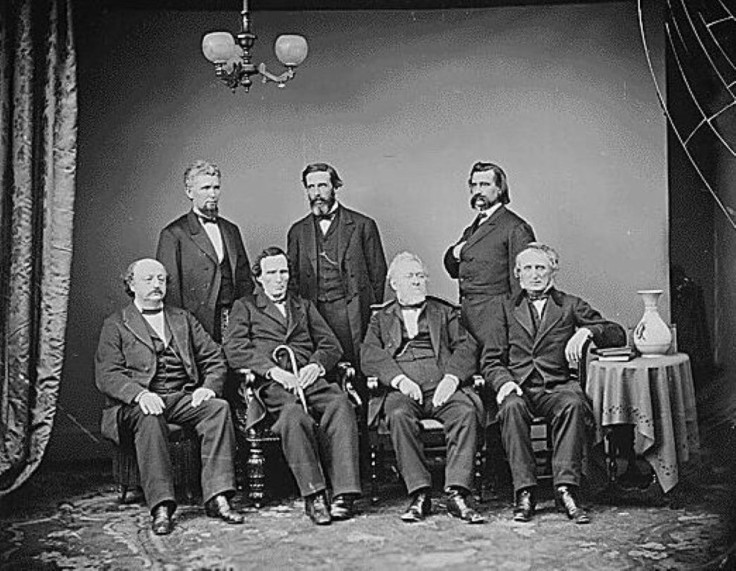
The prosecutors in the Democratic Party want to call witnesses. The defense -- the White House -- rejects the idea as "laughable."
Thus is the stage set for the third trial in history of a sitting US president, where the party of defendant Donald Trump gets to set the rules and some senators who will be jurors are already delivering their verdicts.
Trump is expected to stand trial in the Republican-led Senate beginning in early January, after the House of Representatives voted late Wednesday to impeach him for abuse of power and obstruction of Congress.
If convicted he will be removed from office, an unprecedented outcome but one which looks like a highly unlikely conclusion to what has increasingly become a partisan, political, rather than criminal, process.
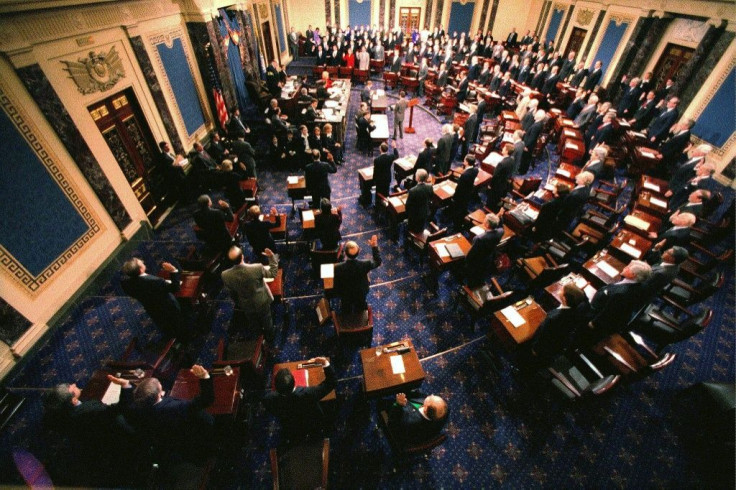
If the procedures used in the 1868 and 1999 Senate trials of Andrew Johnson and Bill Clinton are repeated, Democratic prosecutors, or "House managers" will enter the Senate to read out the articles of impeachment, or charges.
"All persons are commanded to keep silence, on pain of imprisonment," the Senate sergeant at arms will admonish. This is the official who notifies the White House by summons that the president has been charged.

After that the 100 senators -- 53 Republicans and 47 Democrats -- will sit in judgement on one of the world's most powerful men.
To remove him from office, 67 of them have to find him guilty -- highly unlikely, given the Republicans' numerical strength.
Their numbers also mean they get to decide if witnesses can be called, and which ones, how long prosecutors can take to present their case and how long the trial will last.
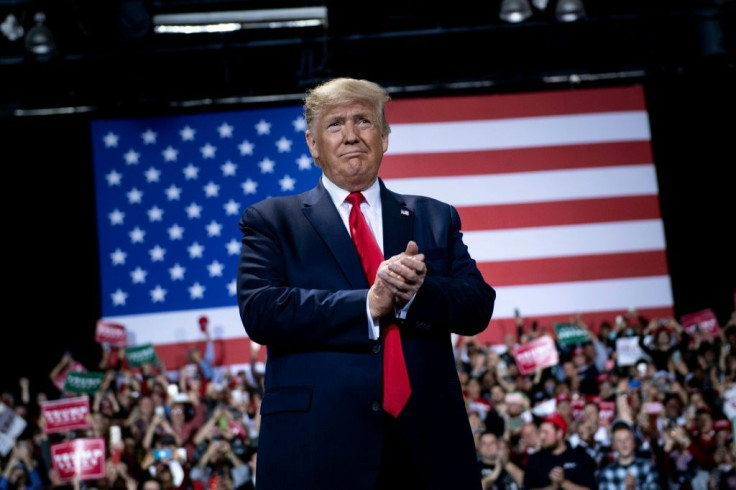
If the Senate doesn't want to try Trump at all, it can simply dismiss the case, by a simple majority vote.
And given Trump's political hold over his party, the rules can be dictated by the White House itself.
"We'll be working through this process, hopefully in a fairly short period of time, in total coordination with White House counsel's office and the people who are representing the president in the well of the Senate," the upper chamber's Majority Leader Mitch McConnell said this week.
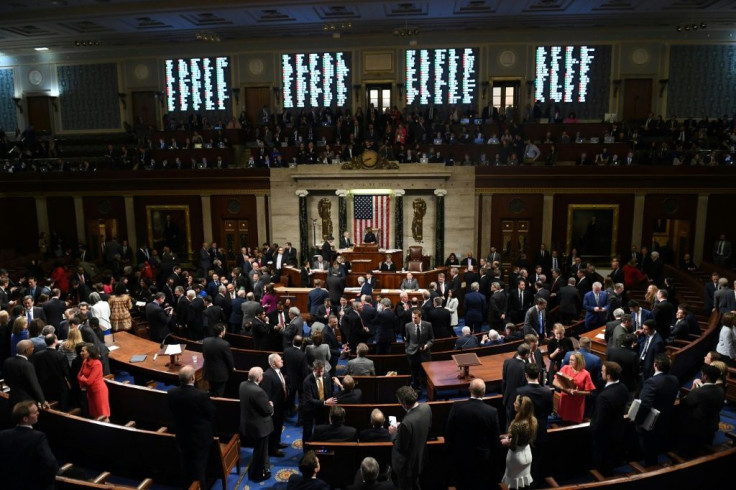
"There is zero chance that the president will be removed from office," McConnell added.
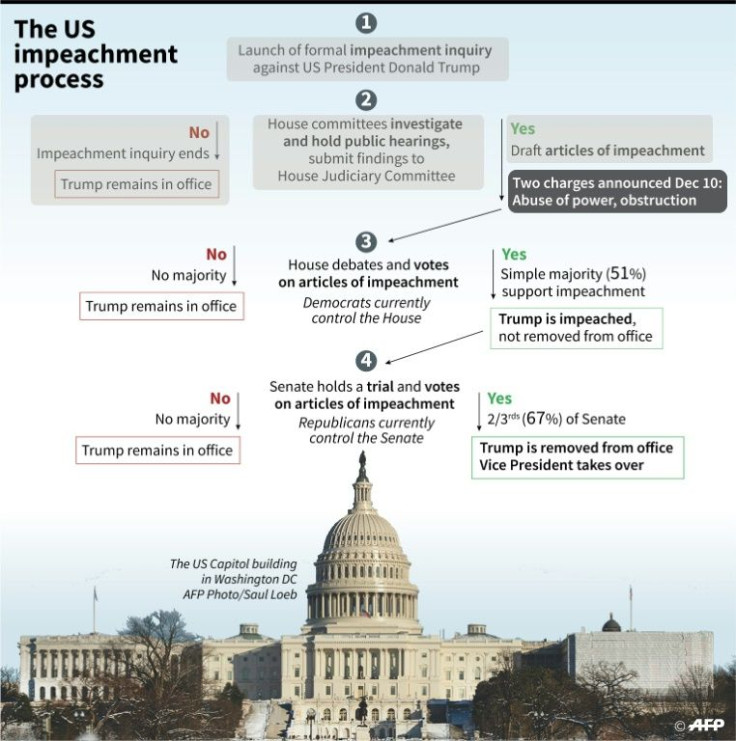
John Roberts, the chief justice of the Supreme Court, will be sworn in to preside over the trial.
He will require the 100 senators who will sit in judgement to swear an oath.
"I solemnly swear that in all things appertaining to the trial of the impeachment of Donald J. Trump, now pending, I will do impartial justice according to the Constitution and laws: So help me God," they will promise.
The next step, the procedures, is to be decided by the senators.
But a battle has already erupted between McConnell and top Democrat Chuck Schumer over whether witnesses will be called and evidence demanded.
Those issues could prolong the trial from the two weeks McConnell has reportedly envisioned to over a month. Clinton's trial ran five weeks.
Democrats hope that four Republicans might join them to form a majority forcing McConnell to allow witnesses.
House Speaker Nancy Pelosi said after the vote in any case that she would not select House managers or send the impeachment articles to Senate until she is assured the proposed rules for the trial are fair.
That underscores the complex role of the senators and the essential political nature of the process.
Even before impeachment passed the House, some Republicans declared where they stood.
"The House impeachment articles are a joke," Senator Josh Hawley told Fox News. "This whole thing is a joke and it's time to get the president exonerated."
But the key factor is that, unlike in Clinton's trial when the Democratic president faced a Republican-led Senate, in Trump's trial the White House and Senate majority are aligned.
McConnell spelled out the politics on the ground on Tuesday.
"I think we're going to get almost an entirely partisan impeachment," he said.
"This is a political process. There is nothing judicial about it. I'm not impartial about this at all."
© Copyright AFP {{Year}}. All rights reserved.





















